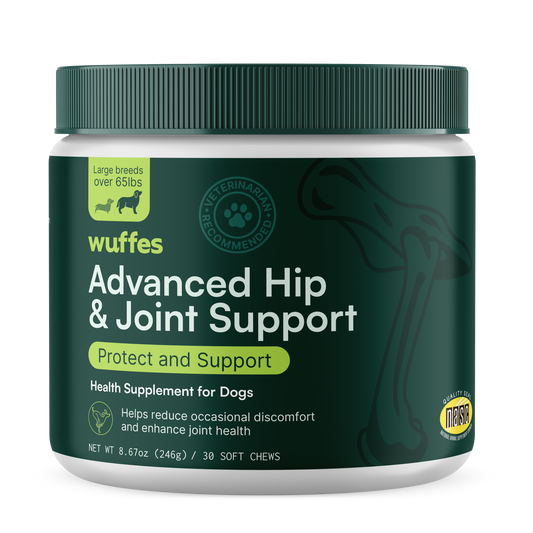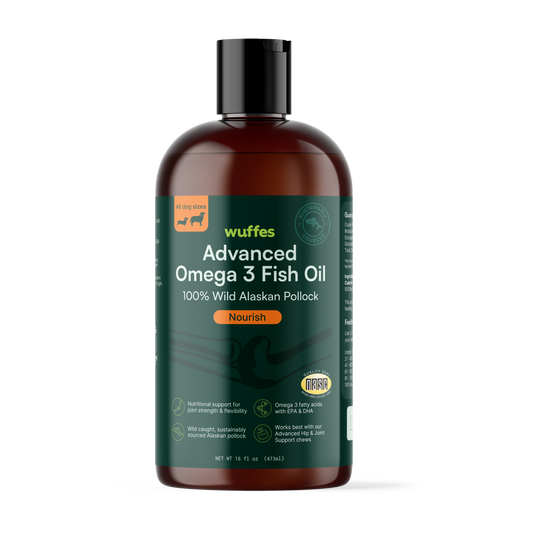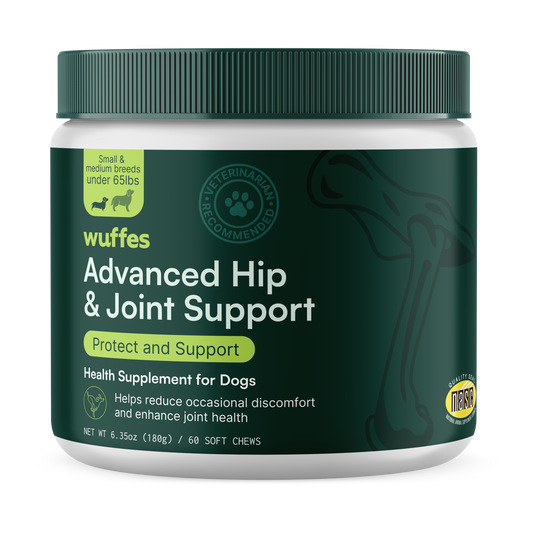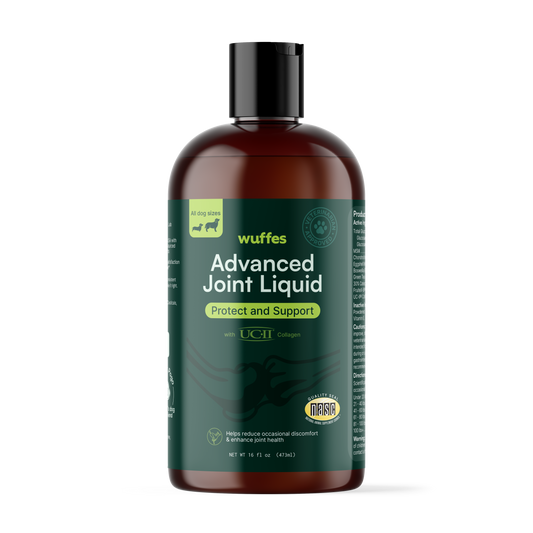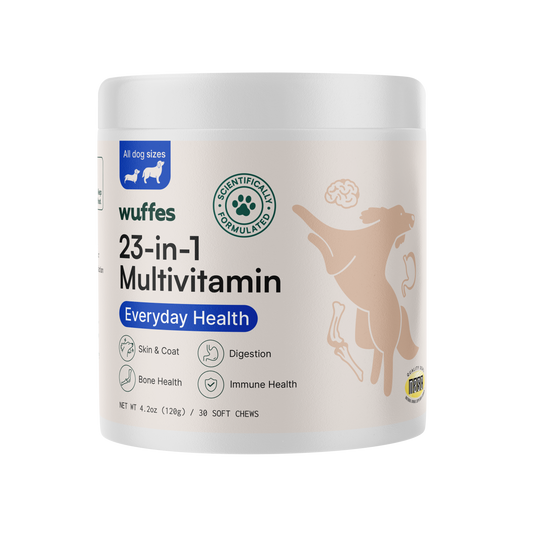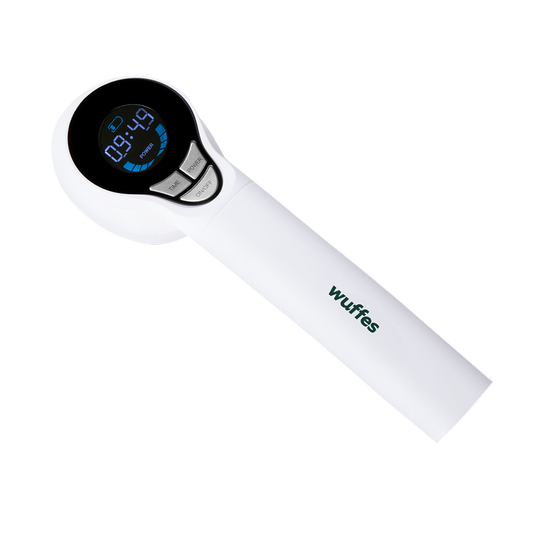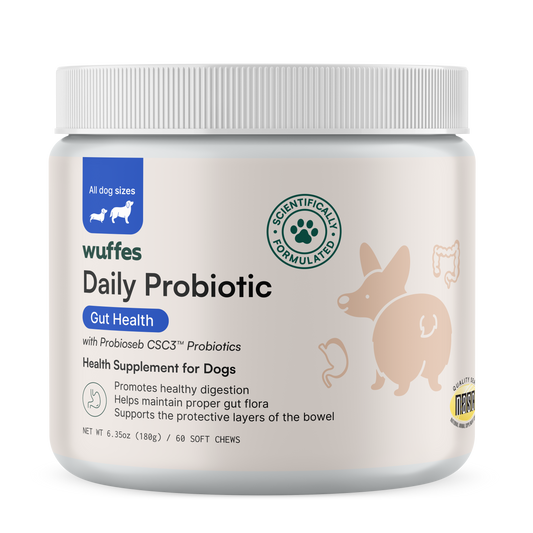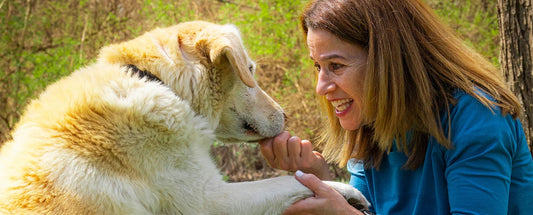Yeast is a natural component of your dog’s coat and skin, typically harmless in its usual amounts. However, an overgrowth of yeast can lead to serious skin issues and even trigger other health problems. As a responsible pup parent, it's essential to recognize the signs and symptoms of yeast infections.
What is a yeast infection?
Yeast infections commonly occur in warm, humid areas of a dog’s body, such as their ears, paws, and skin folds. These moist environments can become breeding grounds for fungi like yeast.
Mild yeast infections may not pose significant harm and can often be managed with proper hygiene. However, severe cases can lead to intense itching, skin damage, and behavioral changes, including decreased appetite and lethargy. If left untreated, these infections can also result in more serious bacterial infections.
What are the symptoms of yeast infection?
The initial signs of a yeast infection include crusty and flaky patches on the skin. This can cause significant itching, leading dogs to scratch and worsen the irritation, resulting in redness, inflammation, sores, and wounds.
In more severe cases, you may notice excessive shedding (alopecia), especially in dogs with thick fur. Yeast infections can also occur in the ears, producing yellow or green discharge and causing a foul odor. If untreated, ear infections can even lead to hearing loss.
How do you treat yeast infection in dogs?
Proper hygiene is crucial for treating yeast infections. Your veterinarian may recommend a medicated moisturizing shampoo and essential oil sprays. In more severe cases, oral or topical antibiotics may be necessary.
While treating a yeast infection, it’s important to support your dog’s overall health with a balanced diet and regular exercise. Joint supplements can help ensure your dog stays active and comfortable.
Incorporating multivitamins into your dog's routine can also aid in prevention and treatment. Nutrients like Vitamin E and collagen can promote healing and support healthy skin and coat regrowth. Additionally, Vitamins A, C, mixed tocopherols, and manganese can help support your dog’s immune system.
Consider adding a high quality fish oil to your dog’s diet as well. Rich in Omega-3 fatty acids, it not only supports skin health but can also help promote healthy inflammatory pathways and support the immune system. A healthy coat can further fend off yeast overgrowth and maintain overall well-being.
Conclusion
Caring for your pup’s skin and coat is vital for their optimal health. Neglecting hygiene can lead to yeast infections, but with proper care and nutrition, you can help your dog stay healthy and happy. Always consult your veterinarian for guidance tailored to your dog’s specific needs.

